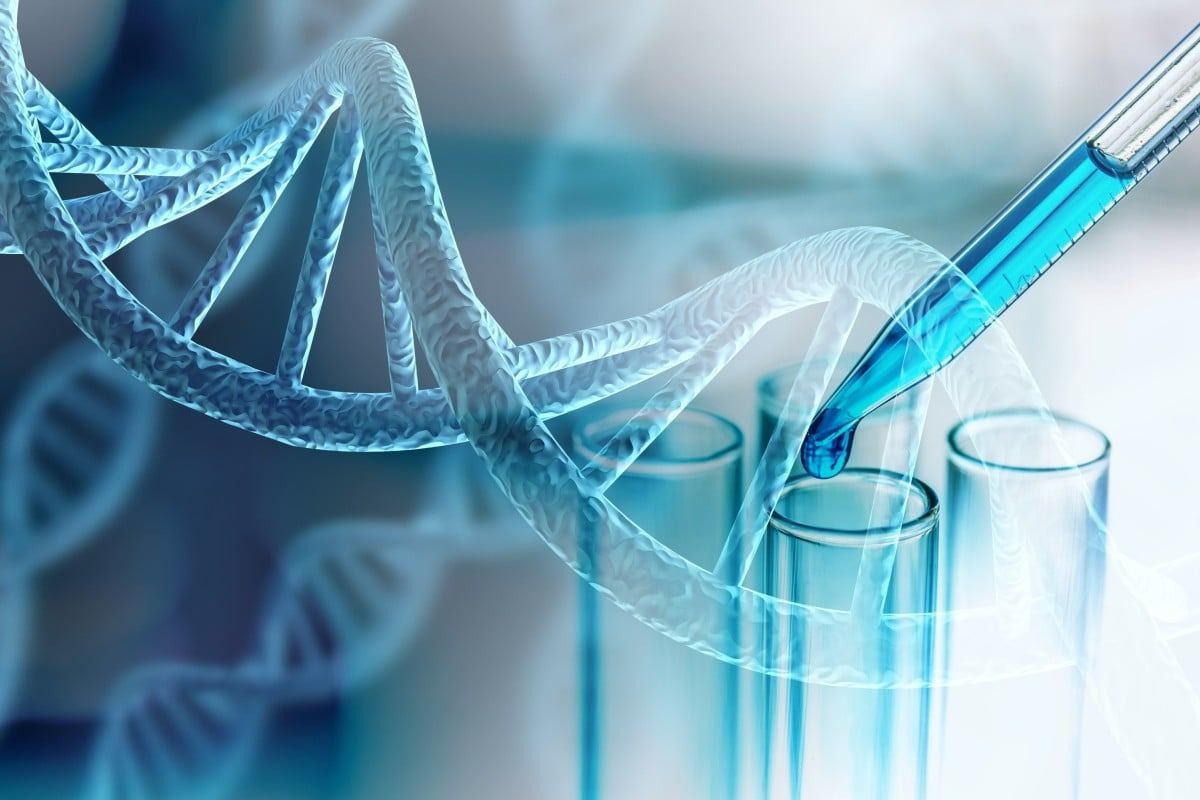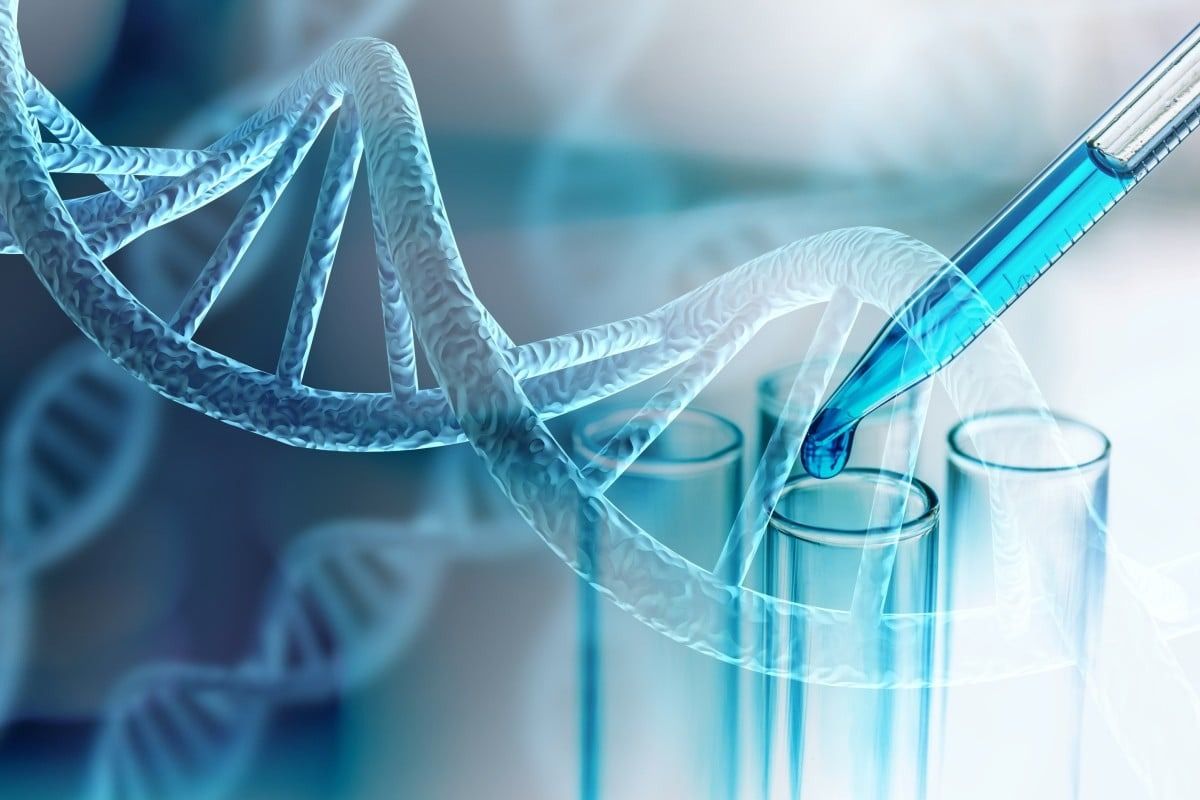
BEIJING (SCMP): A genetic study in China that could have major implications for human evolution – and cancer research – has shown that a special type of recently evolved gene can be sequestered by cancerous tumours to fuel their growth.
The team of researchers from Peking University and the Chinese Academy of Sciences (CAS) examined a group of young genes that emerged de novo, meaning they recently evolved from regions of the genome that do not code for proteins, rather than from coding genes through typical gene evolution.
Unlike most genes, which evolve from existing genes through duplication and modification, “motherless” de novo genes come from DNA that previously had no function. These new genes are thought to be key to some uniquely human traits, such as our advanced cognitive abilities and susceptibility to certain diseases.
“We identified 37 young de novo genes,” the team said in a paper published in the peer-reviewed journal Cell Genomics on July 17, adding that they found strong evidence that these genes were functional and actively coded for the creation of proteins.
“Collectively, this set of 37 genes represents the most rigorously validated catalogue of young human de novo genes to date.”
The researchers said that the expression of these genes was “significantly” increased in tumours, while the deletion of some of the genes could suppress the proliferation of tumour cells.
“This is evolution’s gamble,” Li Chuanyun, corresponding author and researcher at the CAS Institute of Genetics and Developmental Biology, said in a July 18 article on the CAS website.
“The same genetic innovations that make us smart appear to make us vulnerable, but we are turning this evolutionary vulnerability into clinical opportunity,” he added.
As a proof of concept, the team developed mRNA vaccines that expressed two of these genes and found that when injected into humanised mice, they triggered an immune response and inhibited tumour growth.
Humanised mice are genetically modified to incorporate human genes, cells, tissues, or even organs, making them valuable models for studying human biology and diseases.
De novo genes arise from scratch from non-coding regions of the genome, which can lead to genes that code for new biological functions or species-specific traits.
Some pilot studies have linked human de novo genes to spermatogenesis, the process of sperm cell production in the testes, as well as brain development, according to the team.
Their tightly controlled activation during early development is through “tumour-like” activity, such as preventing programmed cell death, which suggests abnormal expression of these genes could be involved in tumour formation.
To obtain their de novo gene catalogue, the team – which also included researchers from Westlake University, Jilin University, the Chinese Institute of Brain Research, and the Chinese Academy of Medical Sciences – first identified 100 candidate genes from published studies.
They then traced the origin of these genes to confirm their lack of a “mother” and ended up with 20 human-specific genes and 17 genes found in both humans and apes.
The young de novo genes “showed predominant expression in testes and brain tissues” and appeared to have tightly controlled windows of activity corresponding to early development, the researchers said.
By analysing nearly 5,300 samples from The Cancer Genome Atlas representing 22 types of tumours, the team found that a number of these genes were abnormally activated in cancer tissues.
“Many of these genes have been overlooked in cancer genomics, often misclassified as non-coding,” the researchers said.
These genes were like “dormant bombs”, as they were inactive in healthy adult tissues but were reactivated in tumours, making them an ideal candidate for intervention, Li said.
As their target to create a proof of concept mRNA vaccine, the team chose two human-specific de novo genes – ELFN1-AS1 and TYMSOS – which are expressed during early development and only reactivate in tumours “exclusively”.
When tested in mice that were humanised with stem cells to better mimic the human immune response, the vaccines produced anti-tumour immune responses, particularly when used in combination with existing immunotherapies.
This meant they could be useful as powerful targets to help train a patient’s immune system to attack cancer cells.
“These findings underscore young human de novo genes as neoantigens in cancer immunotherapy,” the team said. — SOUTH CHINA MORNING POST




